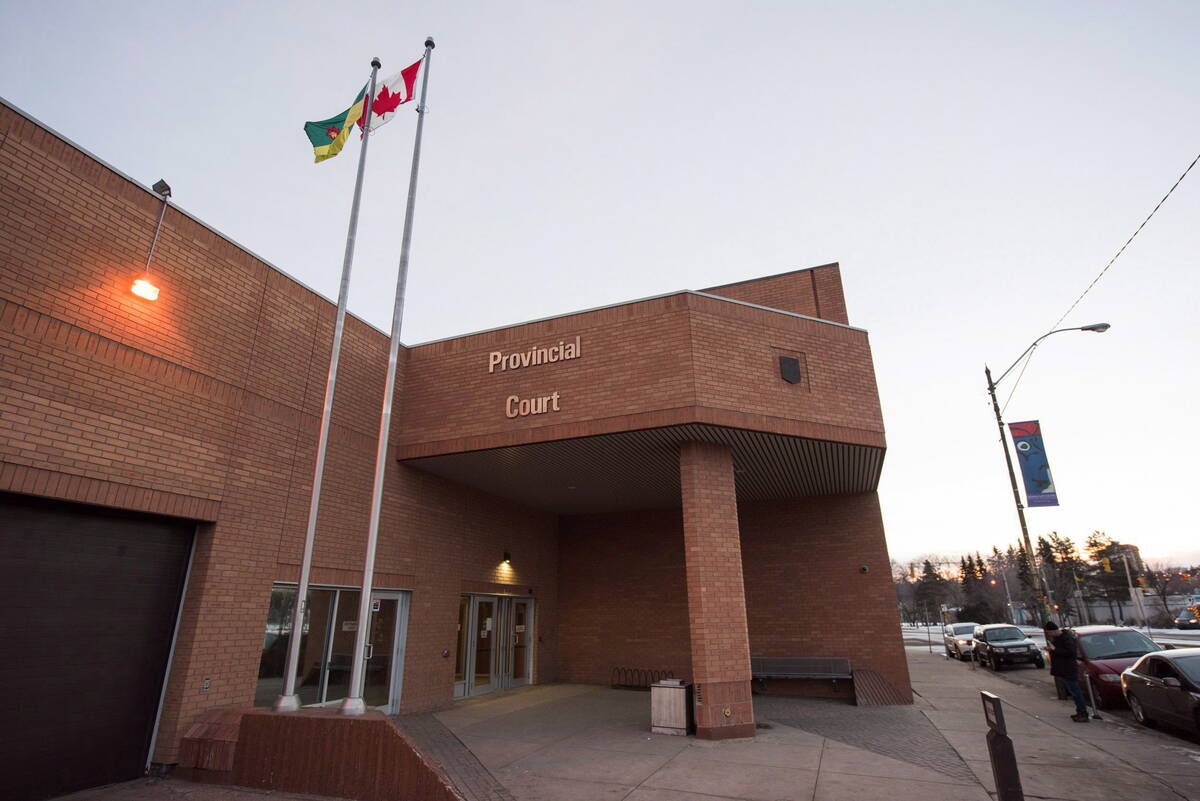Q: My niece is 40 years old and expecting her first baby. She is nearly nine months pregnant. The problem is that the doctors say she has pre-eclampsia and her blood pressure is high. As well, tests show some of her internal organs are starting to fail. The doctors think she should try to hang on to the baby a little longer. I am worried about her. Should she have labour induced?
A: You are quite correct to be worried about your niece. This complication of pregnancy typically starts at the end of the second or during the third trimester.
Read Also

Understand limitation periods if considering civil suit
A limitation period refers to the amount of time a plaintiff has to commence a formal claim in court or lose their ability to pursue it.
Signs of pre-eclampsia are sudden rapid weight gain and swelling due to fluid retention, high blood pressure, headaches and blurred vision.
Research has in fact shown that more women can die from this condition than from full blown eclampsia. This may be because doctors sometimes implement a wait and see policy, trying to let the unborn child grow for as long as possible.
However, this can be dangerous, because a woman’s organs such as the kidneys may fail. The condition can also cause stokes or seizures. Uncontrolled, multiple seizures are known as status epilepticus, and this can be fatal.
The only real cure for pre-eclampsia is delivery of the baby. Labour may be induced by the doctor or the condition may be managed by bed rest, usually in a hospital, until 36 weeks of pregnancy. Sometimes if the blood pressure is not too high, the patient can be monitored carefully as an outpatient, with frequent weight, urine and blood pressure checks.
Since your niece is within a month of her normal due date, the child would be a little premature but should be old enough to survive.
The person who asked this question obviously could not wait until reading my column for an answer so I gave her my answer immediately. The niece spoke to her doctors and she has now delivered her baby and mother and child are doing well.
Q: I enjoy your articles in the Western Producer but cannot completely agree with your latest statement that you think that autism can be ruled out as a cause of a 14-year-old girl who is sensitive to noise. My great-grandson was born 10 years ago with a diagnosis of probable retardation.
At six weeks, his eyes were still not focusing and he wasn’t responding like a normal child of that age. He was born a month prematurely to a mother who had non-Hodgkins lymphoma. However, he rallied and walked and talked at a normal rate. But at 18 months of age we noticed he talked much less and seemed to be in a world of his own.
We thought he was deaf, but tests revealed normal hearing. His parents then hired professionals and he was given one-on-one tutoring until he started kindergarten. He had learned to read a bit.
When he was seven, we were in noisy restaurant and found him in the bathroom. When asked why, he replied that he could not stand the noise. To this day, he still does not like noisy situations.
However, he has blossomed into a normal Grade 5 student and is an avid soccer player and a creative master of ceremonies for all his school activities including playing Santa Claus. Fifty years ago, he would have remained retarded. I feel that if this girl is given some help with controlling the noise in the classroom, perhaps ear plugs, she will continue developing normally and partially outgrow her aversion to noise. My great-grandson has never taken any drugs but does not seem to be hyper.
A: Thank you for your comments. I am glad your grandson turned out so well. I agree that ear plugs could be helpful to the teenage girl that I discussed in another column. I also agree sound sensitivity may be as sign of autism, but I felt that in the girl’s case, there was an absence of other signs and symptoms of the condition.
There is new research that indicates that autism may be caused by brain inflammation in infancy. This was described in the Nov. 15, 2004 issue of Annals of Neurology by Dr. Pardo-Villamizar of Johns Hopkins University in Maryland.
Researchers found that certain immune system components that promote inflammation, known as cytokines and chemokines, were consistently active in people with autism. They discovered this by examining the brains of 11 people who had autism who had died in accidents. These findings were corroborated by studies of the cerebrospinal fluid obtained from six live children with autism where elevated levels of cytokines were found to be present. It is possible that these findings may eventually lead to some medical treatments.
Clare Rowson is a medical doctor with a practice near Belleville, Ont. Her columns are intended for general information only. Individuals are encouraged to also seek the advice of their own doctor regarding medical questions and treatments.
















